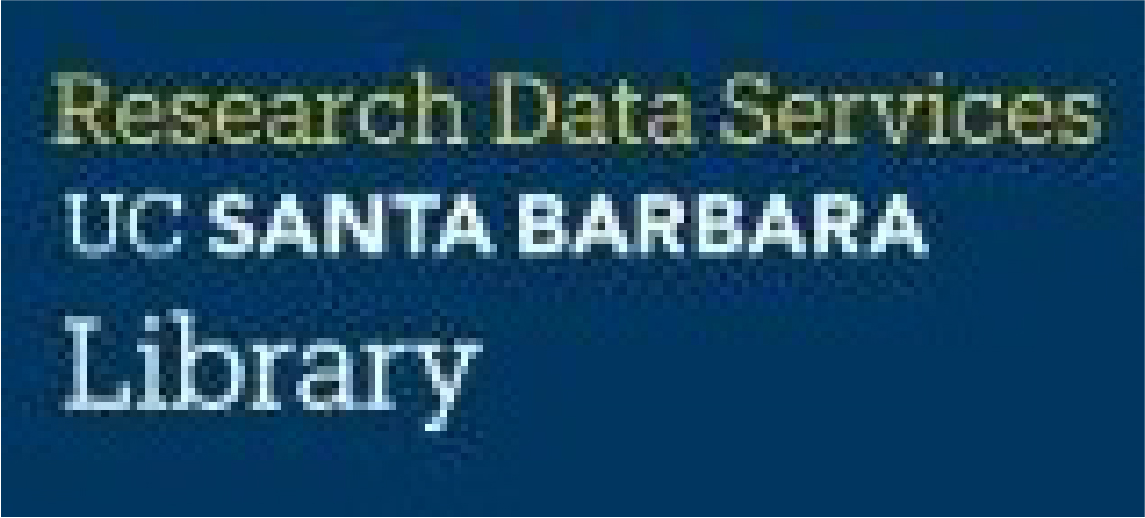EFFECT OF GAMIFICATION ON THE DEVELOPMENT OF COMPUTATIONAL THINKING IN PRIMARY SCHOOL STUDENTS: A COMPARATIVE STUDY.
DOI:
https://doi.org/10.56219/dialctica.v1i26.4415Keywords:
Benefits of gamification, Traditional education, Comparative study, Computational thinkingAbstract
The current educational landscape, shaped by rapid technological advancements and the pressing need to prepare competent citizens capable of facing major challenges, demands a shift in traditional pedagogical strategies, which often struggle to maintain student engagement and motivation in an increasingly digital world. It is essential to explore and implement innovative approaches that align with the new ways children learn and interact with knowledge. In this context, and with the goal of unveiling the impact of gamification on the development of computational thinking in primary school students, a qualitative methodology was adopted, focusing primarily on participant observation as the main data collection technique. This approach made it possible to directly and contextually capture classroom dynamics during the application of gamified strategies in one group of students (third and fourth grade), as well as traditional methodologies in another. In addition, semi-structured interviews were conducted with the teachers to support the interpretation of findings from their pedagogical perspective. This comparative study highlights the potential of new tools to transform learning into a more enriching and rewarding experience. The research concludes that approaching computational thinking through gamified strategies not only facilitates the understanding of new concepts but also sparks children's curiosity and receptiveness toward computing from an early age, laying the foundation for future learning in this crucial field.
Downloads
References
Alcívar, S., Carrera Hernández, M., Suasnavas Reina, S., Agualongo Gavilanes, J., Cedeño Chilán, S., & Guachamín Granda, K. (2024). Gamificación como estrategia didáctica en la enseñanza de matemáticas: Un estudio de caso en educación primaria. Revista Científica Multidisciplinar G-Nerando, 5(2), 1203–1214. https://doi.org/10.60100/rcmg.v5i2.310 DOI: https://doi.org/10.60100/rcmg.v5i2.310
Benavides, T., Burbano, K., & Paz, L. (2023). Tecnología e informática en el aula: Currículo base para el área de acuerdo con las orientaciones curriculares nacionales y referentes internacionales (1.ª ed.). Editorial Universidad de Nariño.
Huerta, M., & Velásquez, M. (2021). Integración del pensamiento computacional en la educación primaria y secundaria en Latinoamérica: Una revisión sistemática de literatura. RED. Revista de Educación a Distancia. https://revistas.um.es/red/article/view/485321
Manzano Sánchez, D. (2021). Diferencias entre aspectos psicológicos en Educación Primaria y Educación Secundaria. Espiral. Cuadernos del profesorado, (13), 9–18. DOI: https://doi.org/10.25115/ecp.v14i28.4198
Ordoñez, M. (2022). La gamificación como estrategia didáctica en el aprendizaje-enseñanza de operaciones aritméticas con números racionales en séptimo de básica de la escuela Juan José Flores [Trabajo de titulación, Universidad Politécnica Salesiana]. https://dspace.ups.edu.ec/bitstream/123456789/22673/1/UPS-CT009814.pdf
Polo, L. (2023). Aproximación teórica desde los procesos de enseñanza y aprendizaje del pensamiento computacional [Tesis doctoral, Universidad Pedagógica Experimental Libertador]. https://espacio.digital.upel.edu.ve/index.php/TD/article/view/595/554
Downloads
Published
How to Cite
Issue
Section
License

This work is licensed under a Creative Commons Attribution-NonCommercial-ShareAlike 4.0 International License.
La revista Dialéctica conserva los derechos patrimoniales (copyright) de las obras publicadas, que favorece y permite la reutilización de los mismos bajo la licencia Creative Commons Atribución-NoComercial-CompartirIgual 4.0 , por lo cual se pueden copiar, usar, difundir, transmitir y exponer públicamente, siempre que se cite la autoría y fuente original de su publicación (revista, editorial, URL y DOI de la obra), no se usen para fines comerciales u onerosos y se mencione la existencia y especificaciones de esta licencia de uso. Si remezcla, transforma o crea a partir del material, debe distribuir su contribución bajo la misma licencia del original.















